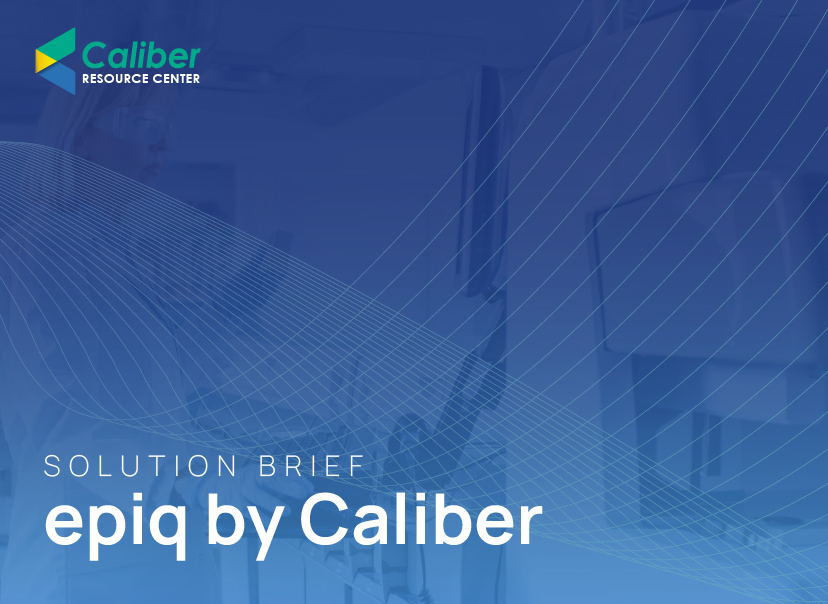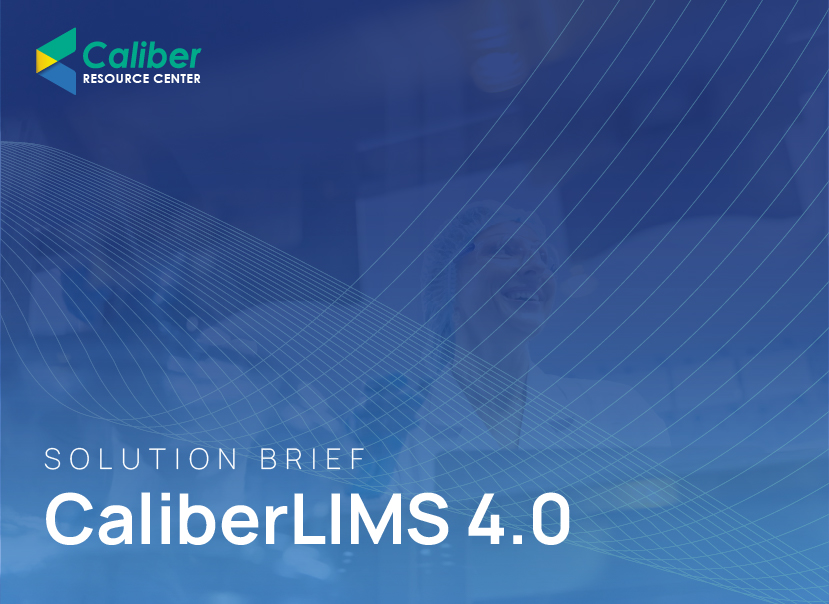Caliber Epiq – Solution Brief
Solution Brief
Quality is the driving force behind successful enterprises. Enterprises often find it difficult to strike the right balance between adapting to digitalization advancements and accelerating deliveries while adhering to stringent quality controls. Moreover, in this process, large volumes of data are generated at every stage. In the absence of an integrated system for quality management, operational efficiency and regulatory compliance are unachievable goals.
Why Do Data Silos Occur?
Complex organizational structures, independent digital tools, and multiple data sources – all contribute to increasing data silos. People work in isolated teams, departments are disintegrated, and use a wide range of applications. This results in a difficult scenario for information sharing and decision-making. There is data everywhere and it only multiplies over time.
Data Silos Are Disruptive
Data silos are a major blocker companies deal with today. They create a barrier to information sharing and further lead to inconsistent collaboratiton across departments. Siloed data hinders the analysis of enterprise-wide data and makes streamlined data governance impossible.
Data Silos result in many limitations
• Limited view of enterprise-wide data Threatens data integrity
• Wasted resources
• Discourages collaborative work
An organization that digitalizes without bringing together data silos will not reap the full benefits of digital transformation. For data-driven decisionmaking, a 360° view of data must be available to contribute to a decision-maker’s analyses. With a streamlined flow of enterprise-wide information, businesses can be better prepared to meet the needs of a unified digital enterprise. It also leads to higherefficiency and collaboration across the entire enterprise.

Categories
- Building a tomorrow ready lab
- Pharma Playbook for the Next Normal
- Connect Everything Achieving a Productive, Compliant, and Successful Lab
- Transition from Manual APQR to Automated APQR Whitepaper
- Caliber Epiq – Solution Brief
- Annual PQR A Thing of The Past
- The Better Choice for Manufacturing Digitalization
Have queries?
Contact our expert team or reach out to our Sales Representatives to have your queries answered.






